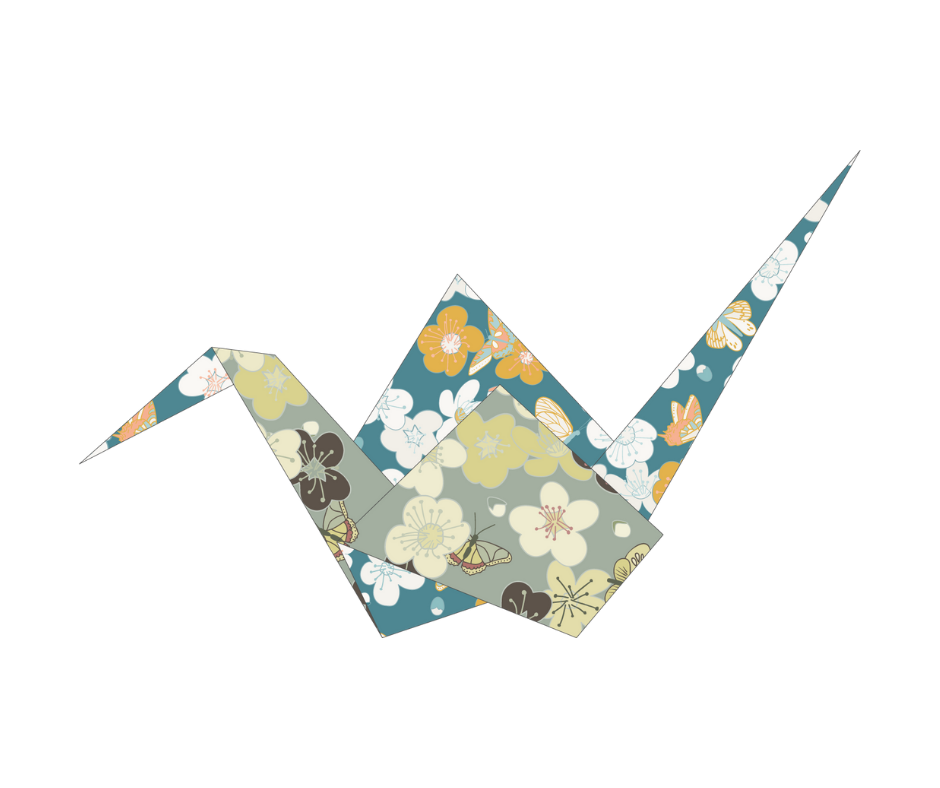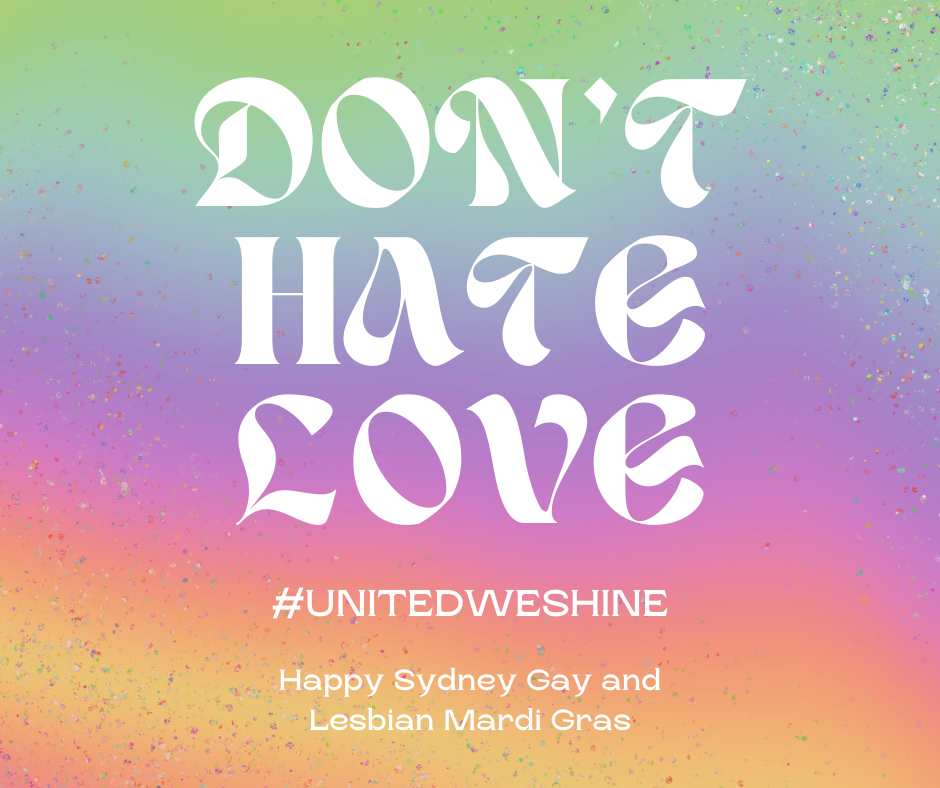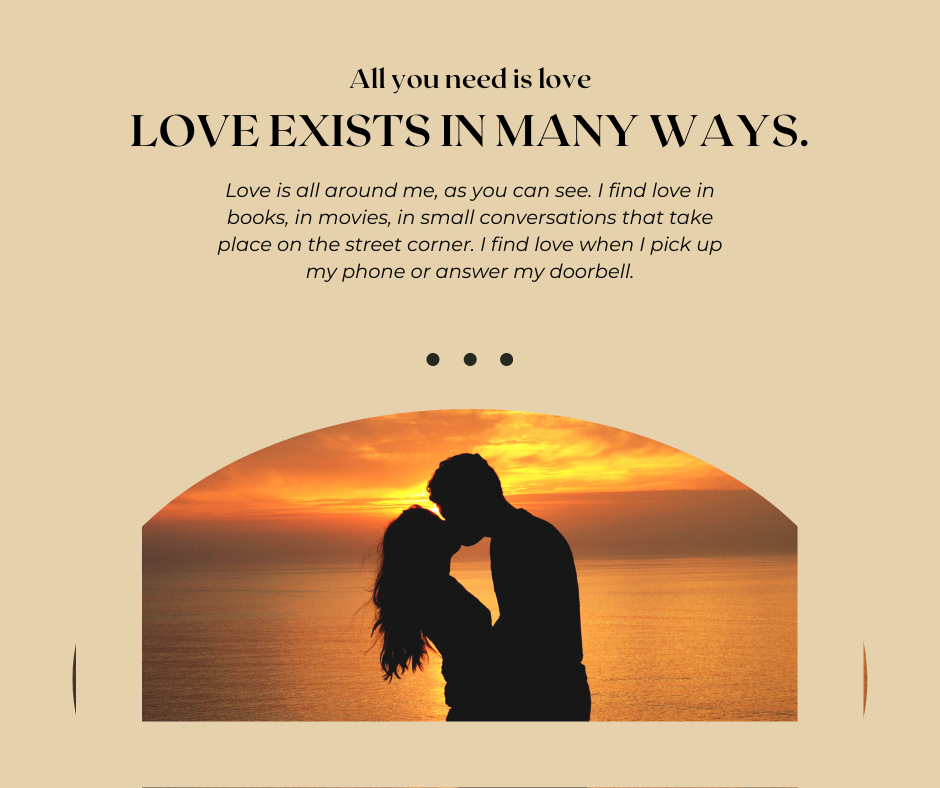A Crane for Ukraine
I’m trying to think of a time when there wasn’t a dire humanitarian crisis around the world. I keep trying to reminisce on more peaceful times, even if they’re fiction. Perhaps that’s why many of us remember the past with such nostalgia and romanticise periods in history. Now we are experiencing the invasion and destruction of Ukraine and the humanitarian crisis which follows. At times I hear people echo the rhetoric that they care or want to help people but they don’t know what to do. I believe that even if people are unsure of how to help that support can still be shown in so many ways. When Ash Wednesday occurred, my workplace organised a large prayer to show our support with Ukraine. The feelings were shared of people who were grieving and wondering what action could be taken from abroad. What everything kept being brought back to was prayer. Even if people aren’t necessarily religious, prayer is something which has such a powerful effect on people and which drives many through such difficult times. I noticed that it is something which a number of people revert back to during tough and unpredictable periods. In instances of prayer often people will ask for guidance when being confronted with the unknowing. I do not necessarily have prayer to engage with in the same way as some other people. However, I have found that it is not always a religious symbol, place or practice which is required to find solace and guidance in. For Christmas one year my sister gave me a little box which has a glass ball in it and inside there is a paper crane. I remembered the story vaguely and was reminded of the beautiful story of Sadako Sasaki. Sadako was impacted by the atomic bombing in Japan during World War 2. When she fell ill she decided to make one thousand paper cranes, in hope that she would be granted one wish. Her wish was world peace, hope and recovery from her illness. The story of one thousand paper cranes today represent world peace and creating a more peaceful planet. I may not have the same religious faith to revert back to when bad things happen but I often refer back to this little crane on my desk. It really gives me hope of the power of symbols, people and how movements around the world can be generated through what are considered such small gestures at the time. When my father passed away I wasn’t sure what to say when giving a speech at his funeral. It was a very complicated time but in this instance I referred back to my crane; my symbol for hope. I found some peace and solace in this and decided to share the story of Sadako at his funeral. I ended with a quote from Sadako, in reference to her paper cranes she made; “I will write peace on your wings and you shall fly all over the world”. I continue to hear the outrage, fear and hopelessness of many people; not just within the charity sector but more broadly. People generally appear to be quite supportive of helping the people of Ukraine and finding ways to support them. I hope that this reaction towards Ukraine is a domino effect, like the paper cranes, with other humanitarian crisis and that people can support other people when there is need.
A Crane for Ukraine Read More »



